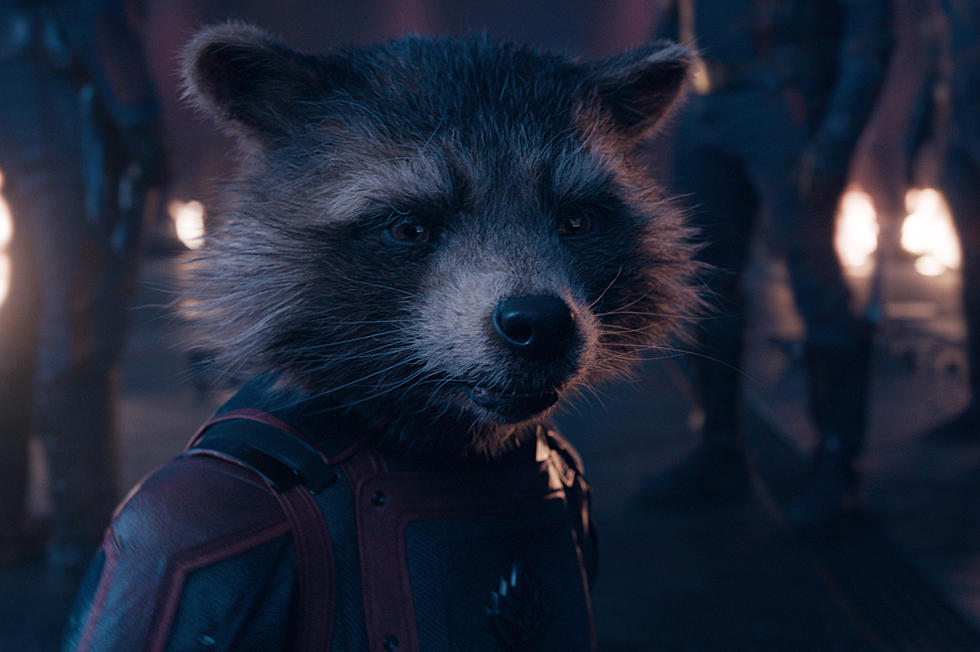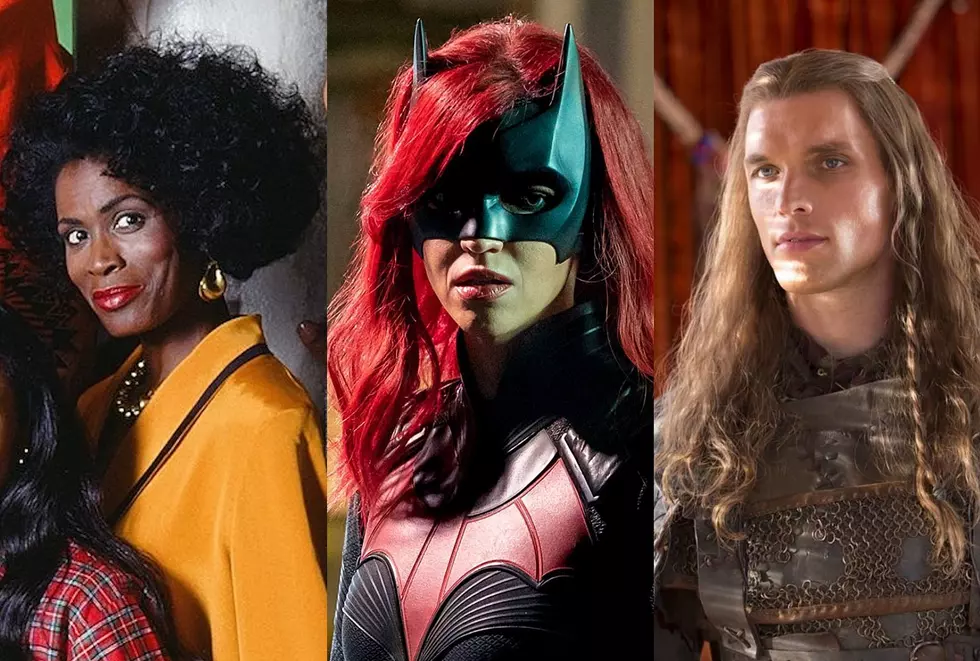
‘Black Panther: Wakanda Forever’ Review: The King Is Dead, But the Story Continues
The worst thing you can do before you watch Black Panther: Wakanda Forever is revisit the original movie. That’s unusual for Marvel. Typically, their films are enhanced by context; the company is so careful with its continuity that their sequels reward knowledgable and attentive viewers. And certainly audiences who are familiar with Black Panther will recognize Wakanda Forever’s many references to it, both big and small. But familiarity with the first film will also remind you just how effective it was, and how this follow-up, despite its noble aims and a few memorable concepts and performances, falls short of its predecessor.
A revisit will also remind you just how hopeful that last Black Panther was. Wakanda Forever is more of a funeral dirge. Of course, that is not Marvel or director Ryan Coogler’s fault. In the summer of 2020, the real world intruded on the fantasy of the Black Panther, the wise, kind, and nearly invulnerable king of the advanced African nation of Wakanda. If Coogler ever intended to make a Black Panther sequel that continued the first film’s upbeat ending — where King T’Challa (Chadwick Boseman) defied centuries of Wakandan tradition and vowed to share his nation’s technology and wisdom with the outside world — that all changed when Boseman died after a battle with colon cancer.
Wakanda Forever instead picks up the story after T’Challa’s death from an unspecified illness. In his absence, his promises to use Wakanda’s resources to benefit all of mankind have gone unfulfilled. And some countries, including the United States, are getting impatient waiting to get their hands on vibranium, the magic metal that powers Wakanda’s miraculous scientific breakthroughs and which can only be found within the nation’s borders.
The search for vibranium alarms Namor (Tenoch Huerta Mejía), the leader of an underwater kingdom that has remained hidden from the surface world for generations, much like Wakanda prior to the events of the last Black Panther. Sensing a kinship with the Wakandans, Namor offers an alliance against the rest of the planet. But if Wakanda’s new leadership, including T’Challa’s mother Queen Ramonda (Angela Bassett) and his tech genius sister Princess Shuri (Letitia Wright), refuse Namor’s offer, he vows to destroy them.
That is most of Wakanda Forever’s essential plot; it’s not even close to all of its characters. Rather than try to directly replace Boseman, Coogler turned this sequel into a messy sprawl of an ensemble piece. There’s Okoye (Danai Gurira), the head of the all-female Wakandan fighting force known as the Dora Milaje, which also includes the warriors Ayo (Florence Kasumba) and Aneka (Michaela Coel). (They appear to be in a relationship, albeit one that is only alluded to in a very brief dialogue exchange.)
There’s Nakia (Lupita Nyong’o) a Wakanda spy and T’Challa’s former lover. There’s M’Baku (Winston Duke), a rival turned ally of T’Challa’s from a neighboring tribe. There’s Everett Ross (Martin Freeman), a member of the CIA who wound up in Wakanda in the first Black Panther and remains loyal to Shuri and Ramonda. There’s Riri Williams (Dominique Thorne), a feisty MIT student who invents her own Tony Stark-esque suit of armor. And, as usual, there are at least one or two surprise cameos from members of the wider Marvel Cinematic Universe.
A lot of these characters are fun, and the actors are all terrific. (Based on Thorne’s performance alone, the upcoming Riri Williams Disney+ series is a must-watch.) But Wakanda Forever simply doesn’t have room to give them all compelling arcs. Okoye is involved in a key sequence with Shuri, then vanishes for a big chunk of the film. Winston Duke may be the most purely charming member of the cast, but he is limited to a few scene-stealing moments and a handful of action beats. At least he appears pretty regularly throughout this overstuffed, 161-minute movie; one of the top-billed actors mentioned above doesn’t even show up onscreen for over an hour.
Ryan Coogler is a gifted filmmaker who knows how to fuse epic blockbuster scope with personal concerns. Wakanda Forever’s opening sequence, which addresses Boseman’s passing, is very moving, as is the rest of the first act, which follows his grieving loved ones (and, by extension, the actors playing them) as they try to move on with their lives following T’Challa’s (and Boseman’s) sudden death. From there, all of the intricate details of Namor’s history and schemes swamp the plot, overtaking most of Coogler’s themes about death and loss until very late in the third act. Some portions feel more worried about setting up Phase Five of the MCU than telling a singular story.
With his Mayan-inspired costume by Ruth Carter, and the quirky ways he flutters and floats through the air on wings sprouted from his ankles, Namor is a visually striking character. And Talokan, the ancient underwater civilization he leads as king and deity, is a gorgeous bit of production design by Hannah Beachler. The sequences set in Namor’s kingdom harken back to the era of Stan Lee and Jack Kirby comics at Marvel, with their gloriously bizarre worlds within worlds. (Namor’s minions travel everywhere on the backs of whales, which never gets old.)
The character of Namor himself, though, is a bit of a mystery. His motives and personality seem inconsistent from scene to scene; he’ll be charming and friendly one moment and threaten to destroy the world in the next. And his plan to get Wakanda to join him in his quest does not seem thought through; is this guy a master strategist or a chump? It feels like most of the production’s attention went into transforming the Namor of Marvel Comics (where he calls Atlantis his home) into someone with more mythological roots in Latin America. While his reworked origin is effective, especially in parallel with Wakanda’s place in the world, Namor’s behavior as the antagonist of the story occasionally left me scratching my head.
In the first Black Panther, there’s a scene between T’Challa and Shuri where he chides her for continually trying to outdo her inventions, even when they work great. “Just because something works,” she replies, “doesn’t mean that it cannot be improved.” You can see where Coogler tried to improve upon Black Panther in Wakanda Forever. For whatever its faults, this is not a superficial piece of bland escapist entertainment like so many big-budget movies. The early scenes are drenched in heartbreak and loss in a way that is very striking for a film of this size, and it’s refreshing to see a large-scale comic-book that is almost entirely driven by women. This movie has a lot on its mind — and perhaps too many characters.
RATING: 6/10
Every Marvel Cinematic Universe Movie, Ranked From Worst to Best
More From 1025 KISS FM










